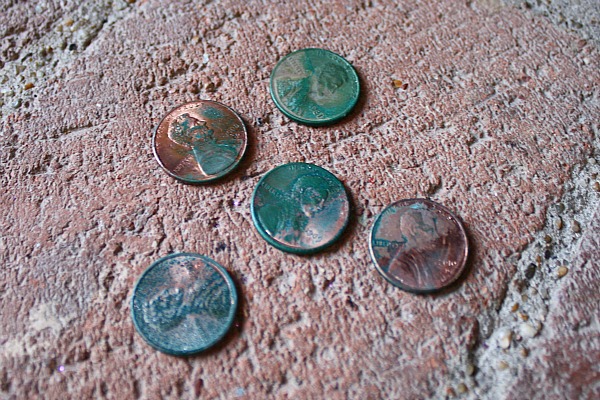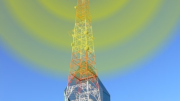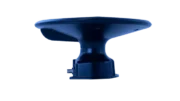Everyone knows that cables are made of copper. But why? Is copper so magical? Does it have some sort of magical properties? It doesn’t. It’s not even really the best material for cables, but it does strike the best compromise. There are a lot of things you could make cables out of, but they’d be too brittle, too expensive, too flimsy, or have some other flaw that would make them a bad choice.
The real key thing about cables
The most important thing a cable MUST do is conduct electricity. The signals that come through your cables are electrical, plain and simple. Copper conducts electricity, and it does it pretty well. It’s also easy to form and relatively cheap. Yes, it’s true that you hear about people stealing copper wire and selling it. But when you consider the cost of copper compared to “precious” metals it’s still pretty inexpensive. You could use silver or gold for cables with some success but those would be some mighty expensive cables. Antennas are made of aluminum, and aluminum is less expensive than copper. But, it’s not a good choice for cables as it tends to fatigue when it’s bent a lot.
Steel is cheaper but it doesn’t do as good of a job. A lot of signal cables are steel with a thin plating of copper, because a cable like that carries signals as well as a solid copper one. However, a copper-clad steel cable doesn’t carry current as well as a pure copper one. It loses more voltage over distance and that means shorter runs and more heat generated. Neither of those are great things when the wire is inside your walls.
The downsides of copper
As I said, copper is pretty cheap compared to something like gold or silver. On the other hand, it’s still four times as expensive as lead and three times as expensive as zinc. It would be great if you could make a cable out of lead, but it wouldn’t work. Lead doesn’t carry current very well and of course it’s very toxic.
Unfortunately, copper does tarnish. It turns green over time and when it turns green it doesn’t conduct electricity nearly as well as it used to. That’s why it’s important to take a look at all your outdoor connectors and see if they have tarnished or oxidized at all. That would be a sign that they need to be replaced. A copper antenna would do a much better job than an aluminum one at first, but as it oxidized, its performance would fall behind that of aluminum.
Get the cables you need from Solid Signal
No matter what cable you need, you’ll find them all when you shop at Solid Signal. We have everything from bulk RG6 cable to the kind of rare cables no one else carries. From networking to cellular connections, we have it all at the best price. Not seeing what you’re looking for? Give the experts a call! We’re here for you during East Coast business hours at 888-233-7563. If it’s after hours, fill out the form below. We’ll get right back to you!





